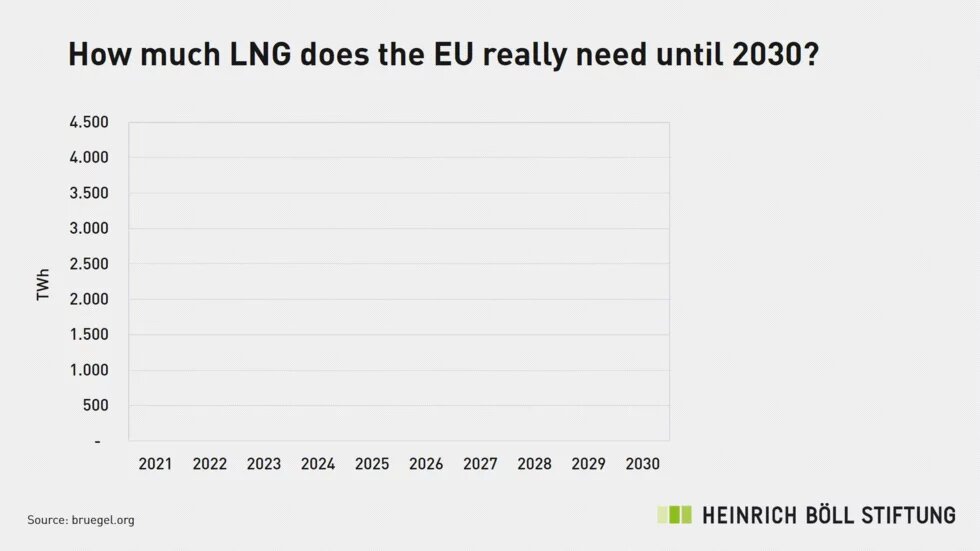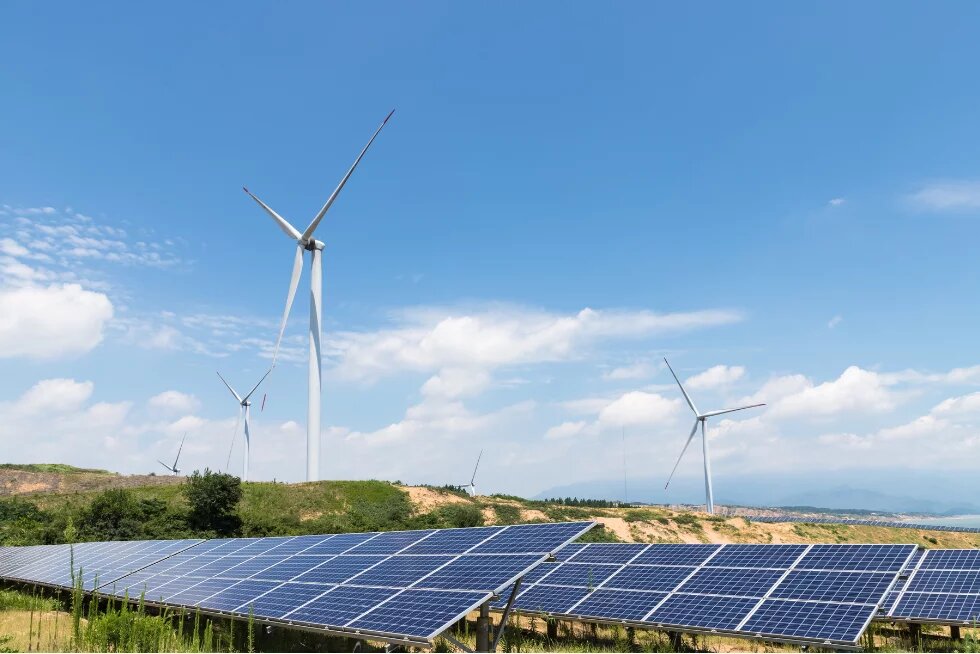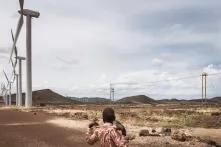
Investing billions in the development of new gas fields in Europe or in Africa is a misguided approach and sends the wrong signals to many countries in the world. Instead, the German government should massively increase its investments in emission-free technologies right now.

Germany and the EU are stuck in an energy crisis with no historical precedent. Putin is turning off the gas tap to force us to simply accept the Russian invasion of Ukraine and to abandon our solidarity with Ukraine under attack. Due to the current electricity market design, the high gas prices are also driving up electricity prices to unimaginable heights. The fact that half of all nuclear reactors in France are down due to technical problems aggravates the situation. Some people now feel confirmed that wind and sun cannot keep this country and its industry running. But this view is a dangerous oversimplification, because Germany's continued attractiveness as an industry hub is directly dependent on investments in the future energies of an emission-free industry, now more than ever.
We need independence from fossil fuels
Concerns about the short-term availability of gas and high energy prices are also giving many industrial companies in Germany sleepless nights. It is therefore a great success that in recent months, Germany's Federal Minister for Economics and Climate Protection Robert Habeck has managed to make us largely independent of Russian gas and has already filled the storage facilities to more than 90%. This includes the connection of floating LNG terminals, which are already contributing to the gas supply in record time this winter. In addition, reducing demand will now become crucial, as the price increases are largely due to the fact that demand is significantly higher than supply.
The successful emergency measures should therefore not obscure the view of the equally urgent task: Transforming our energy supply to zero-emission alternatives as quickly as possible. Whether this can be achieved with equal speed and determination will be crucial for our global credibility and exemplary role. A study by the Brussels-based think tank Bruegel shows that the supply shortages for gas will only last a few years and that a reduction in fossil gas purchases across Europe will take place from 2027 at the latest. Anything else would amount to accepting our massive failure to meet the climate targets.
The idea prevailing in parts of the German government that billions could now be invested in the development of new gas fields, for example in Africa, stands in massive contradiction to this fact. The same goes for the signing of gas supply contracts with a duration of more than ten years, as was recently done by Uniper. Such steps would not only entail considerable economic risks. They would openly call into question the binding commitments to the necessary climate protection and would signal to other countries in the world that a return to fossil energy supply and production is a conceivable option. The German government must not send this wrong signal.
What we need instead is the clear stipulation that short-term gas requirements for the next few years are to be met largely by using existing fields, with a time horizon of no more than ten years. In addition, it must be prevented that a purchase of fossil gas on the world market forces developing and emerging countries to turn to Russia as a supplier. This would directly undermine Europe's geopolitical goals in dealing with Russia's unlawful war of aggression.
Pathways to an emission-free future
Already now, the German government should combine its investments in covering short-term fossil energy needs with at least equally high investments in the zero-emission industry and technologies, such as the supply and processing of green hydrogen. This would not only kick-start the urgently needed transformation to climate neutrality. It would also lead to a medium-term price relaxation for the replaced fossil energy sources through a reduction in demand and make an important contribution to relief, also in private consumption.
The nationalized energy companies Uniper and the Gazprom Germania successor SEFE are not just a rescue solution: With massive investments, they must become pioneers in the procurement and processing of green hydrogen derivatives and build the necessary infrastructures. Instead of signing 20-year gas supply contracts, they should sign 20-year supply contracts for green ammonia or green methanol. And thus ensure a market ramp-up for their import to Germany through government-guaranteed offtake agreements. Only if we establish a diversified import infrastructure for green gases now, will Germany have a future as an industrial hub. The financial resources required for this are an investment in this future, an investment for which we need a suspension of the debt brake.
Finally, with German investments, production facilities for ammonia, nitrogen fertilizer or even sponge iron could be built in partner countries in the South, especially in Africa, but also in Southern Europe and Latin America, where large quantities of renewable energies will be produced in the future and independently supply the European market. Increased local value creation would have cost advantages and create urgently needed jobs for Africa's young population. At the same time, this would strengthen the independence of these countries and the EU from China's influence. A goal that should have high priority in view of this year's events at the latest.


